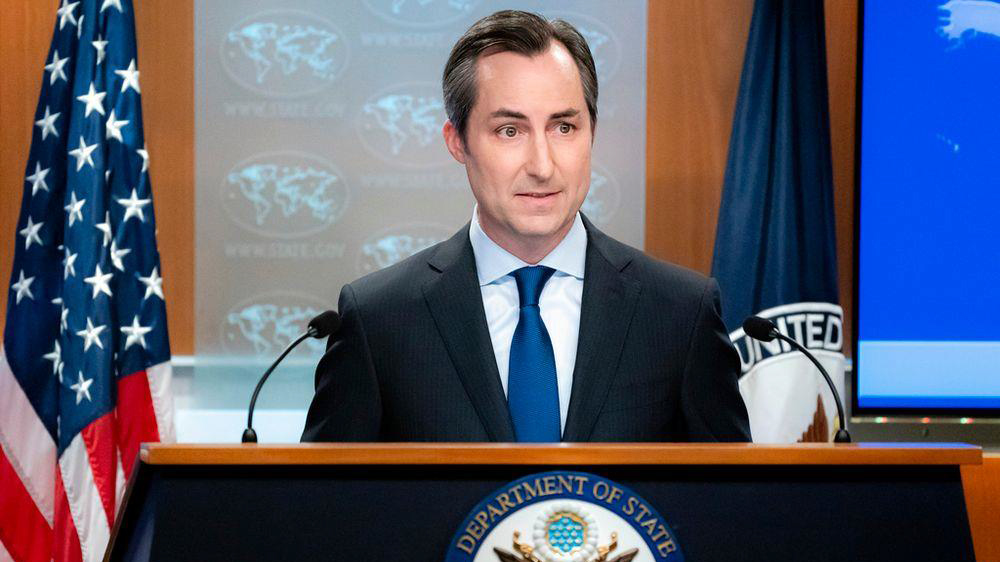Ireland to let asylum seekers work for first time
Ireland on Wednesday became one of the last countries in the European Union to grant employment rights to asylum seekers, a year after the country's Supreme Court ruled the restrictions unconstitutional.
Campaigners have long argued that the country's "Direct Provision" system for asylum seekers, in which people seeking asylum were not allowed to work and were forced to live in accommodation where they could not cook, violated their rights.
After the Irish Supreme Court ruled the work ban was unconstitutional, the government last year eased the rules slightly.
But no asylum seekers were granted employment permits due to a number of restrictions - including a 1,000 euro application fee, a minimum 30,000 euro per year salary and a ban on working in 60 sectors.
On Thursday the government scrapped the fee and said all applicants waiting for an initial decision on their asylum application would be eligible for any private-sector employment after nine months, leaving Lithuania as the only EU country to prevent asylum seekers from working.
"Asylum seekers will have access to additional means to provide for themselves and their families ... and will be in a better position to play a fuller role in Irish society," Justice Minister Charlie Flanagan told journalists.
Approximately 3,000 of the over 5,000 living in direct provision centers will be eligible for work and will be free to rent alternative accommodation, Flanagan said. The changes bring Ireland into line with the European Union's Reception Conditions Directive, he said.
The Movement of Asylum Seekers in Ireland said it was still studying the details of the new rules, but that they appeared to be "really positive."
(Source: Reuters)
Syria rejects allegations of withdrawing from northern city
US breaks off ‘strategic partnership’ with Georgia; blasts Tblisi for ‘pro-Russia lean’
World Central Kitchen suspends its Gaza operations after deadly Israeli attack
Iran’s largest gold mine reports increase in proven reserves
VIDEO | Genocide Remembrance Day, Human Rights Day: A stark contradiction in context of Palestine
Iran warns of Israel’s continued violation of Lebanon ceasefire
VIDEO | Sinjil under siege – Israel’s expansion through buffer zones
VIDEO | Press TV's news headlines












 This makes it easy to access the Press TV website
This makes it easy to access the Press TV website